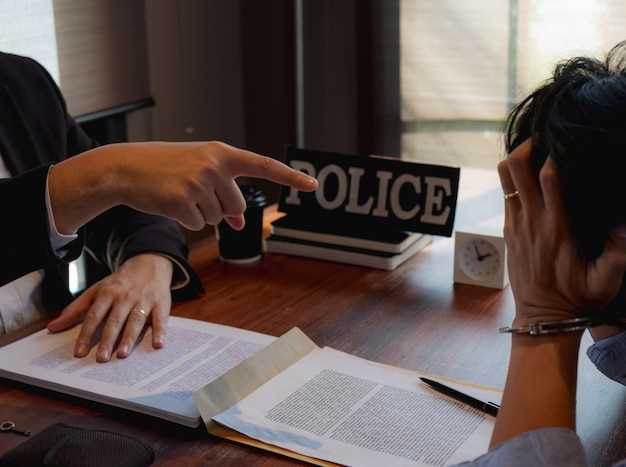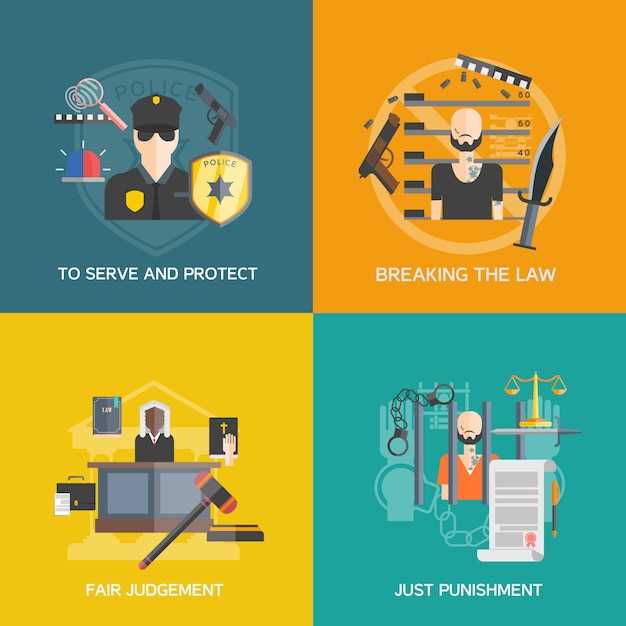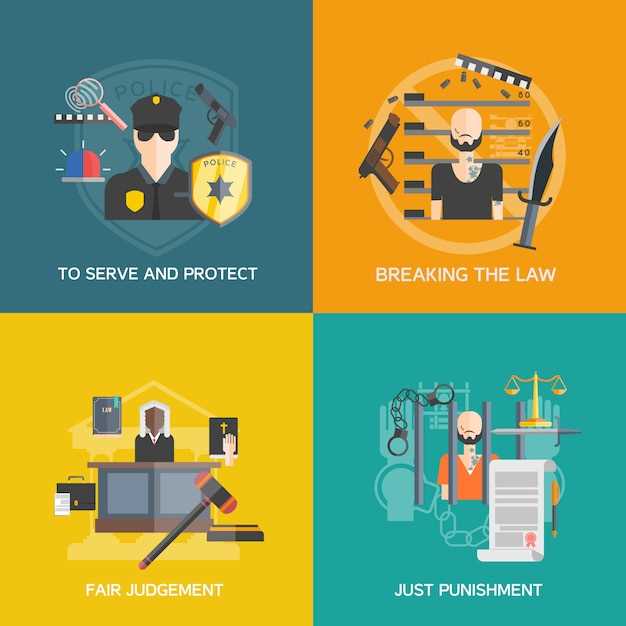Powerful Defense Tactics to Protect Your Rights Now
When facing serious legal challenges, understanding how to navigate the complex system is vital. Many individuals find themselves overwhelmed by the intricacies of the legal landscape. It can be intimidating, often leading to anxiety and confusion. Knowing that there are ways to protect one’s interests brings a sense of reassurance. In times of uncertainty, familiarity with various methods can be empowering.
Every case is unique, and the path to resolution can vary significantly. Finding the right approach often requires careful consideration. While there are no guarantees, adopting the right mindset is crucial. Each decision made can have lasting consequences. Thus, being well-informed is advantageous in any situation.
There are numerous options available when it comes to seeking protection. Consulting with knowledgeable professionals can provide valuable insights. Understanding the nuances of the law is essential for anyone wishing to effectively navigate their circumstances. Engaging in a proactive manner can lead to more favorable outcomes.
Ultimately, the journey through any legal issue demands both thoughtfulness and resilience. Embracing a comprehensive perspective can pave the way toward improved results over time. Individuals can better prepare themselves for any unexpected challenges that may arise if they approach their situation thoughtfully. Remember, your future may depend on the choices you make today.
Effective Criminal Defense Strategies

Navigating the complexities of the legal system can be daunting. Understanding how to protect oneself during challenging times is crucial. Knowledge, preparation, and a tailored approach can make a significant difference. It is essential to evaluate the circumstances surrounding each case individually. Each situation presents unique challenges and opportunities.
The initial step often involves gathering pertinent information and evidence. Contacting a knowledgeable advocate is advisable early in the process. This expert can analyze the details and formulate a personalized approach, ensuring the best possible outcomes. Engaging in open dialogue with legal counsel fosters a collaborative environment where strategies can evolve. Through thorough discussions, clients may feel more empowered and informed.
Exploring all available options is paramount. One can consider plea agreements, careful negotiations, or comprehensive trial preparation. Each pathway has its own implications and potential results. Focusing on building a robust framework tailored to specific circumstances helps clarify objectives. Ultimately, a proactive mindset allows individuals to navigate challenges with confidence and resilience.
History shows that sharing your side of the story can be beneficial. Honest communication about the situation can yield surprising insights. Furthermore, understanding the potential risks and benefits takes precedence. By studying past cases, individuals can glean valuable lessons. Every decision made in this process holds significance for future outcomes. Employing innovative methods and being adaptable can provide a distinct advantage.
When dealing with a legal predicament, remember that support is available. Enlisting the assistance of experienced personnel is invaluable. They possess the skills necessary to formulate approaches that resonate with each case’s intricacies. Ultimately, having a solid support system fosters both confidence and clarity in the path ahead. Through careful exploration and informed decisions, individuals can increase their chances of achieving favorable results.
Understanding Your Rights During Arrest

When facing apprehension by law enforcement, awareness of personal freedoms is crucial. Knowing what to expect can significantly impact how one navigates the situation. The moments after an arrest can be disorienting and stressful. It’s vital to stay composed.
During this time, individuals may assert various entitlements. These may include the ability to seek legal advice or to remain silent. Such knowledge serves as a protective measure. More importantly, understanding these freedoms can shape the subsequent legal process.
Every individual should understand that upon being taken into custody, they are not required to answer questions without an attorney present, and they have the option to request immediate legal representation, ensuring that their voice is heard and that any statements made are voluntary and informed.
Acknowledging one’s position is empowering. It allows individuals to advocate for themselves effectively. Remembering these considerations can help de-escalate complications. Always request clarification from the authorities when needed.
The Importance of Legal Representation
Navigating the legal landscape can be incredibly daunting. Without guidance, individuals may find themselves overwhelmed. Clear understanding of one’s situation can be elusive. Legal professionals serve as crucial allies in these challenging moments.
They provide essential insights and advocate for the interests of their clients. Having an experienced attorney is not just about having someone present in court. It’s about ensuring that every option is explored, every nuance is considered. A dedicated representative can help mitigate potential risks.
When faced with complicated matters, emotions often cloud judgment. A skilled advocate steps in to offer clarity. They bring expertise that individuals may lack. Moreover, such professionals are familiar with the intricacies of the legal system, which can often resemble a labyrinth.
A knowledgeable attorney can make all the difference in achieving favorable outcomes. They prepare thoroughly, scrutinizing each angle of the case and anticipating challenges. Their experience transforms the often abstract concepts of law into tangible action plans. This consistent support alleviates stress and fosters confidence.
Ultimately, having legal counsel is about protection and empowerment. It ensures that one’s voice is heard. With the right representation, individuals can navigate their situations with greater assurance. This partnership can lead to restored peace of mind in uncertain times.
Preparing for a Criminal Trial

Entering the courtroom requires thorough planning and consideration. Preparation is key to influencing the final outcome. To navigate this complex landscape, one must gather pertinent information. Each step taken today could have significant consequences for tomorrow.
- Understand the charges against you.
- Gather all relevant documents.
- Identify potential witnesses.
- Review evidence meticulously.
- Discuss your case with legal counsel.
First, it is essential to comprehend the nature of the allegations that have been brought against you, as this knowledge enables you to formulate an appropriate response and strategy tailored to your unique situation, thereby maximizing your chances of a favorable resolution. Familiarity with court procedures is equally crucial, as it can help reduce anxiety and aid in making informed decisions.
- Create a timeline of events.
- Practice key testimonies with your legal representative.
- Consider possible outcomes and plan accordingly.
Preparation does not stop at understanding the facts; envisioning how the trial will unfold can lead to better handling of unexpected challenges. Moreover, emotional readiness plays a crucial role in maintaining composure during stressful moments. Beyond the legal aspects, the psychological impact of the trial necessitates proper coping mechanisms.
Ultimately, being well-prepared can greatly influence the trajectory of your situation. Every detail counts. Remaining proactive may transform potential setbacks into opportunities for success. Your experience today shapes the narrative of tomorrow.
Video:
Effective DUI Defense Strategies Tempe
Effective DUI Defense Strategies Tempe by Oliverson Law No views 1 year ago 2 minutes, 46 seconds
Q&A:
What are some common criminal defense strategies that can protect my rights?
There are several common criminal defense strategies that can be employed to safeguard your rights. One effective approach is the use of alibi defenses, where the accused can prove they were elsewhere at the time of the crime. Another strategy is challenging the prosecution’s evidence, which may involve questioning its admissibility or reliability. Additionally, a lawyer may argue entrapment if the individual was induced to commit a crime they would not have otherwise committed. Affirmative defenses, such as self-defense or insanity, can also be used to justify the defendant’s actions. Each case is unique; thus, it’s crucial to consult with a qualified criminal defense attorney who can tailor a strategy to your specific situation.
How important is it to hire a criminal defense attorney?
Hiring a criminal defense attorney is extremely important for several reasons. First, a skilled attorney possesses the necessary expertise in legal matters and can navigate the complexities of the criminal justice system effectively. They are familiar with local laws, court procedures, and have relationships with key players in the legal process, which can be advantageous for your case. An attorney can help ensure that your rights are protected throughout the legal proceedings, negotiate plea deals when appropriate, and provide a robust defense in court if necessary. Without professional legal representation, individuals may inadvertently compromise their defense or fail to present a strong case, which could lead to severe consequences. Therefore, seeking a qualified attorney is a critical step in safeguarding your rights.
What should I do if I am arrested for a crime?
If you are arrested for a crime, it is vital to remain calm and take specific steps to protect your rights. First and foremost, exercise your right to remain silent. You are not obligated to answer any questions from law enforcement without your attorney present. Politely inform the officers that you wish to speak with a lawyer before answering any questions. Secondly, try to note details about your arrest, including the time, location, and names of the officers involved, which may be important later. Additionally, contact a criminal defense attorney as soon as possible. They can advise you on your rights, represent you during questioning, and help you understand the charges against you. It is also essential to avoid discussing your case with anyone other than your lawyer to prevent compromising your defense.
What types of evidence can be challenged in a criminal case?
In a criminal case, various types of evidence can be challenged to bolster the defendant’s defense. One common type is physical evidence, such as weapons or substances, which can be contested on grounds of unlawful search and seizure or improper handling. Eyewitness testimony can also be challenged due to issues such as reliability, bias, or the possibility of misidentification. Furthermore, expert testimony may be scrutinized regarding the expert’s qualifications or the methodologies used. Additionally, circumstantial evidence can be questioned, as it relies on inference rather than direct proof. Overall, challenging the evidence presented by the prosecution is a vital part of a solid criminal defense strategy and can significantly affect the outcome of the case.
Can I represent myself in a criminal case, and what are the risks involved?
Yes, you have the legal right to represent yourself in a criminal case, a process known as “pro se” representation. However, it is crucial to understand the considerable risks involved in this decision. The complexities of the law and court procedures can be overwhelming without legal experience. Individuals who represent themselves may not be aware of all the defenses available or how to effectively challenge the prosecution’s case. Additionally, the lack of legal representation can lead to unfavorable outcomes, including harsher penalties. Judges may not provide assistance or leniency to defendants representing themselves, which can further complicate matters. While some individuals might choose to proceed without an attorney, it is highly advisable to seek legal counsel to navigate the intricacies of a criminal case and ensure the best possible defense.
What are the most important rights I should be aware of when facing criminal charges?
When facing criminal charges, it is crucial to be aware of your fundamental rights to ensure that you are treated fairly throughout the legal process. Key rights include the right to remain silent, which can help prevent self-incrimination; the right to an attorney, ensuring you have professional legal representation; the right to a fair trial, which guarantees an unbiased jury and due process; and the right to know the charges against you, allowing you to prepare an adequate defense. Understanding and exercising these rights can significantly impact the outcome of your case and safeguard your interests.













